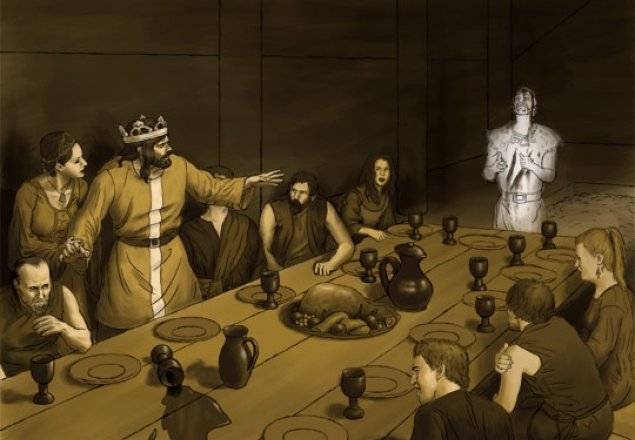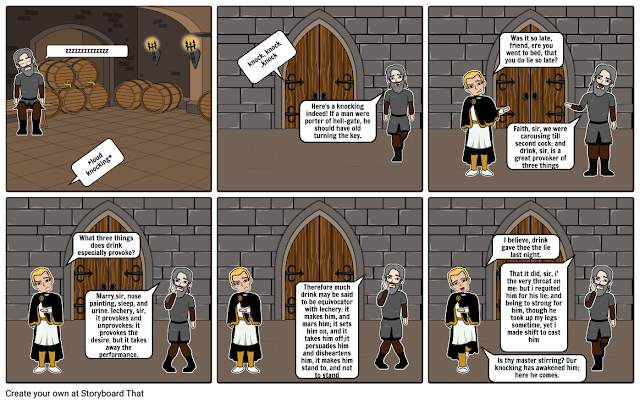Macbeth: A Critical Reading

"Macbeth is a dark, relentless tale of a good and brave Scottish general who, encouraged by the dark prophesies of three evil witches and by his own wife murders Duncan, king of Scotland. Macbeth then becomes king and brings about his own destruction" Historical Overview Shakespeare wrote the play for King James I, England's new king after the demise of Elizabeth I. He had also been the king of Scotland.To please James, Shakespeare set the play in the King's native Scotland and used many characters who were James' ancestors, and included witches, a subject that James had great interest in.The play happens to Shakespeare's shortest tragedy -- probably because King James often fell asleep during performances -- and his bloodiest. Under the realm of Queen Elizabeth I, political and economic growth of England was unrivalled. But she lived a spinster. Therefore, there was no Tudor successor to the throne of England and Elizabeth I chose James VI...

